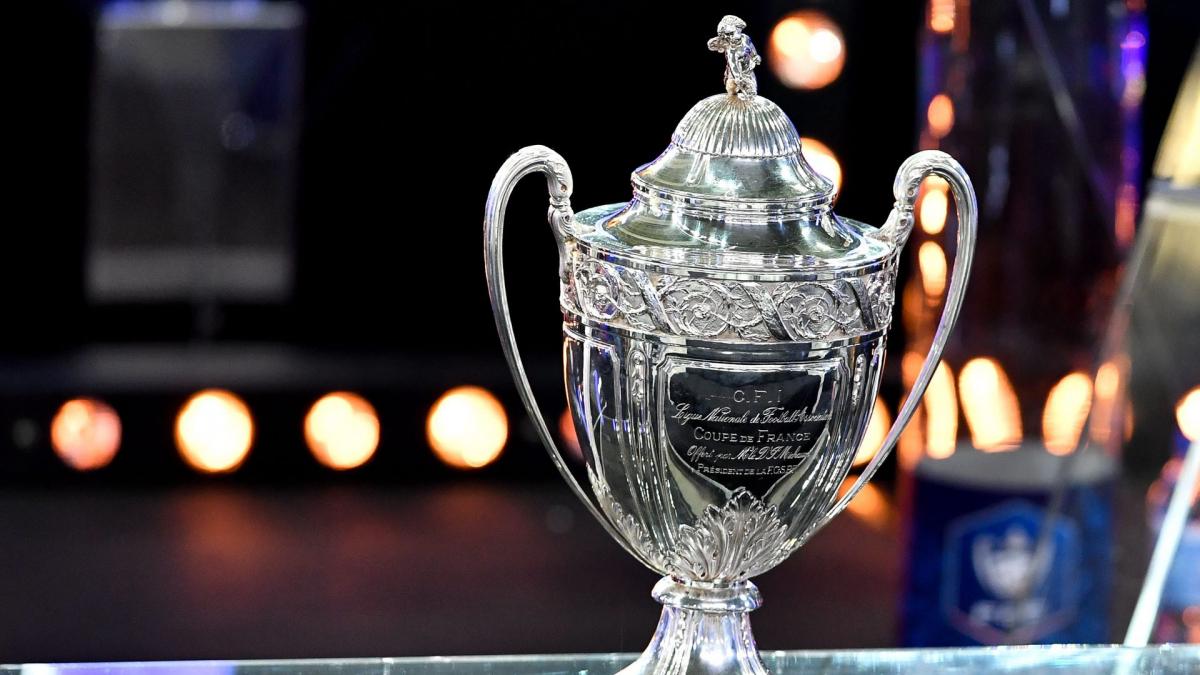Tucked away in Central Asia, Uzbekistan beckons the adventurous traveler with a land steeped in history, where the boundaries of time blur, and the echoes of the Silk Road still resound. Here, the grandeur of the past meets the vibrancy of the present, forging a captivating tapestry of culture and history that continues to beguile the world
The Best Times to Explore– To embark on a journey through Uzbekistan at its most inviting, consider planning your visit in spring or autumn. Summer can bring scorching temperatures, often exceeding 40 degrees Celsius, while the winters can be bitterly cold, plunging below freezing
Discover a Haven of Safety- Uzbekistan is a haven for tourists in search of safety and hospitality. In bygone times, petty theft and other concerns may have cast a shadow, but today visitors can rest assured. The Uzbek government has deployed a dedicated “Tourism Police” consisting of English-speaking officers stationed at key tourist hubs and booths across the country. In case of any issues, these officers are ready to assist travelers
![]()
Navigating the Clock– Bear in mind that Uzbekistan follows a time zone two hours ahead of Israel (UTC +5). So, when it’s 12 noon in Jerusalem, it’s 2 in the afternoon in Uzbekistan
Dialing into Uzbekistan– When making calls to Uzbekistan, use the international code +998 followed by the city code and the specific number you intend to reach
Gateway to the East: Tashkent– The primary gateway to Uzbekistan is the Tashkent airport, the capital’s point of entry. To reach this magnificent land from Israel, you can opt for Uzbekistan Air, which offers direct flights. Notably, a new flight route has been recently established from Israel to Samarkand, a city replete with enticing tourist sites. This route is served by Qanot Shark Airlines. The journey from Israel to Uzbekistan is a mere five-hour flight
Visa Insights– Israelis planning to visit Uzbekistan for up to a month can do so without needing a visa. However, if you wish to extend your stay, you must obtain an appropriate business, student, or visitor visa
Currency Considerations– Uzbekistan’s official currency is the Uzbek Sum (UZS). The exchange rate hovers at approximately 12,000 Sum to one US dollar, or 3,000 Sum to one Israeli Shekel. It’s common to witness locals carrying thick wads of these bills
ATM’s– In most markets and non-tourist shops, credit cards are not accepted, only cash. There are limited ATMs, and many of them may not be operational, making it advisable to exchange money at banks or your hotel reception
Operating Hours– Operating hours in Uzbekistan adhere to a specific schedule. Supermarkets and banks typically open from 9 am to 5 pm, with a one-hour lunch break from 1 pm to 2 pm. Markets and malls extend their hours from 9 am to 11 pm. On the flip side, pharmacies, emergency services, and the police operate around the clock.
Sensational Bargains– Uzbekistan is a remarkably budget-friendly destination. A taxi ride from the airport to the city center can be as low as NIS 20, while dining in a good restaurant may cost around NIS 50. Even a ticket for the metro will only set you back about 15 cents
It’s essential to keep in mind the local economy, as academic civil servants receive an average monthly salary of about $500, with the common people earning only half of that. This understanding can help guide your tipping and purchasing choices
Navigating the Roads– The intercity roads in Uzbekistan may not always provide the smoothest ride. Often bumpy and pockmarked, it’s wise to opt for travel by train or taxi. A full day taxi ride accommodating for four passengers may cost only up to about $50
High-Speed Escapades– For those seeking efficiency and comfort, Uzbekistan boasts high-speed bullet trains, swiftly connecting various cities. These marvels of modern transport are billed as reaching speeds of up to 250 km/h, but onboard screens when I took a ride reveal a more modest pace of 160 km/h
![]()
![]()
An Oasis of Tolerance and Peace– In a Shia Islamic region sometimes associated with extremism and conflict, Uzbekistan stands as an enlightened, open, and secular Muslim country, free from extremism and terrorism. You’ll find a refreshing absence of anti-Semitism and animosity toward Israelis
Cultural Sensibilities– Respecting local customs is essential when visiting Uzbekistan. It is a conservative Muslim country, and it’s recommended to dress modestly. Be prepared to cover your shoulders when entering mosques. At certain places, both men and women may be required to avoid shorts
Local greetings should be approached with cultural sensitivity. A man does not shake hands with women. Instead, he places his hand over his heart and bows respectfully
![]()
![]()
Women with one or two braids signify that they are married, while multiple braids are often sported by single women
Photography Etiquette– Always seek permission before taking photographs of individuals on the streets. Some may feel uncomfortable having their picture taken, particularly religious individuals. So respectful consent is the key
Photographing within mosques during prayer times is prohibited
Alcohol and Smoking– It’s important to note that alcohol is prohibited for Muslims. While tourists are permitted to consume alcohol, it should not be done in public spaces or on public transport. Smoking is allowed only in private spaces, making it prohibited on the streets, in movie theaters, sports venues, trains, buses, etc. Heavy fines may be imposed on public smokers
A Playful Art of Bargaining– When visiting the bustling markets of Uzbekistan, get ready for a unique cultural experience. It’s expected that buyers haggle for a final price lower than the initial offer. Bargaining is deeply rooted in Uzbek culture, and sellers often hope to secure 75-80% of their initial price. Thus, embrace the art of negotiation when exploring local markets
![]()
![]()
Exploring Uzbek Markets– Uzbekistan’s markets are a sensory delight, overflowing with vibrant produce, colorful fruits and vegetables, and unique varieties of watermelon. The local melons are larger than their Israeli counterparts, are incredibly sweet and a must-try
Uzbek tourist trap– While shopping, avoid accepting free “samples” or products in markets, as this could lead to unexpected charges. An Israeli tour guide friend told me that one of his group travelers was walking around the market during free time, and wanted to buy jewelry for his wife. He negotiated the price with the seller, and they did not reach an equal settlement. When the Israeli turned to walk away, the seller stopped him and said: “If you are not want to pay the last price, then take it for free. In our culture, it is not in my honor that you leave my shop empty-handed. So take it for free.” i
The Israeli took, and continued to walk around the market. When he turned to leave the market, a policeman (or an inspector) stops him to check his bags, and immediately finds this jewel. “How much did you pay for it?” he ask. “I got it for free” he replied. “It’s not possible” said the policeman, “take me to the dealer who gave it to you for free”. When they arrived at the seller, the policeman explained that they do not offer free gifts, and the seller’s intention was to pay the last price offered to him. At the end, the Israeli had to pay the initial price offered by the seller, plus a 50% penalty. Therefore, if you are offered something free in the market that is not an edible sample, refuse to accept it
Understanding the Calendar– The Uzbeks observe several important holidays, which can significantly affect your travel plans. Be aware of these dates and their respective holidays: January 1– New Year, January 14- National Defenders Day, March 8- Women’s Day, March 21- Navruz holiday, May 9- Day of Remembrance and Respect, September 1- Independence Day, October 1- Teacher’s Day, December 8- Constitution Day. Eid al-Fitr and Eid al-Adha follow the Islamic calendar and vary each year
A Chevrolet Landscape– Uzbekistan’s streets are predominantly populated by Chevrolet vehicles or older Russian models. Smaller cars, reminiscent of the “Fridgider,” comprise nearly half of the automotive landscape
![]()
![]()


